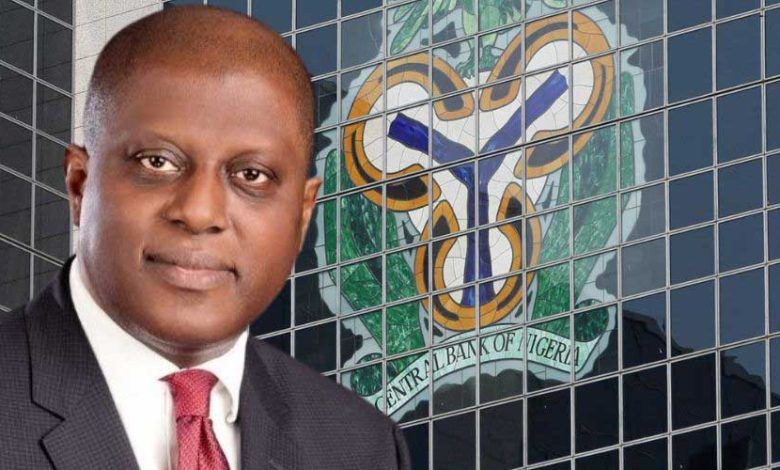
The Central Bank of Nigeria (CBN) Governor, Olayemi Cardoso, announced on Tuesday that the nation’s foreign reserves increased by 12.74% to $39.12 billion as of October 11, 2024. This marks a significant rise from $34.70 billion at the end of June 2024.
Speaking before the House of Representatives Committee on Banking Regulation, Cardoso attributed this growth to robust remittance flows, which currently account for 9.4% of total external reserves. He noted, “In Q2 2024, we maintained a current account surplus and observed remarkable improvements in our trade balance.”
Cardoso highlighted that the current level of external reserves can finance over 12 months of imports for goods and services, or 15 months for goods alone, which is substantially above the international benchmark of 30 months. This position provides a strong buffer against external shocks.
On the foreign exchange market, Cardoso outlined various reforms implemented by the bank, including a unification strategy that consolidated multiple exchange rate windows into a single model. This approach, based on a “willing buyer, willing seller” framework, aims to enhance liquidity and stability in the financial market.
He emphasized that these changes are designed to foster transparency, reduce market distortions, and improve the efficiency of foreign exchange allocations.
The consolidation also included the removal of the quote cap for international money transfer operators (IMTOs), further streamlining operations within the forex market.





